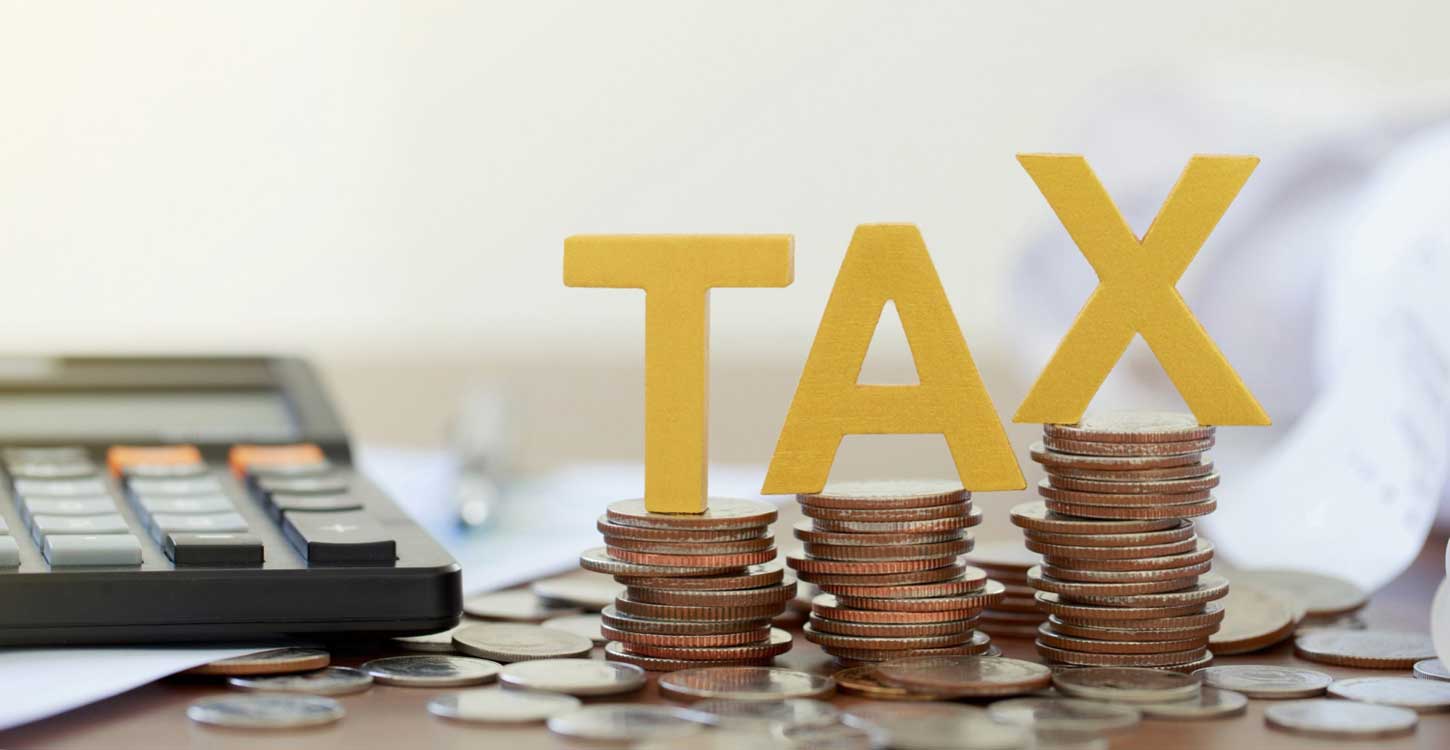Although the content(s) of the article were correct at the time of writing, the accuracy of the information contained within may no longer be current, as it may have been subject to subsequent tax, legislative or event changes. To browse more recent content, please see our Knowledge Centre.
New figures have highlighted how much heavier the burden is for affluent individuals, but there are many ways to legitimately reduce your income tax bill, explains Lee Goggin, co-founder of findaWEALTHMANAGER.com.
New research has shown that in the past tax year, the wealthy bore a greater share of the tax burden than ever before.
Of course, what constitutes the “right” or “fair” level of income tax each individual should pay is debatable since countries around the world differ hugely in their tax regimes.
However, the figures, which have emerged, are startling.
Successful? You’re just asking for punishment
You may already know that the top 10% of earners in the UK are hit hard by the taxman, paying 55% of total income tax receipts, but a new investigation has revealed that – in frank terms – the highest earners are getting clobbered.
According to a Freedom of Information request carried out by journalist Fraser Nelson, the top 0.1% of earners in the UK pay 11.3% of all income tax, despite earning only 5% of the total. That’s just 30,000 or so people who are each earning over £670,000 a year generating £18.8 billion between them.
To put things into even starker relief, the top 3,000 earners in the UK (those making £2.7m and above annually) contribute 4.2% of the total income tax take, more than the bottom nine million workers combined.
All of this has led the Institute of Fiscal Studies to blast the UK tax system for “punishing success”. One could therefore argue that it is incumbent on successful individuals to ensure they are “punished” no more than they must be.
1 ticket to the “Tax Relief Party”, please
Enterprise Investment Schemes, Venture Capital Trusts, Seed EIS and Social Investment Tax Relief should all be considered when formulating your income tax relief strategy, including taxes on your pensions and its alternatives, such as ISA’s, which we discussed in more detail here.
However, choosing the optimal channel in order to mitigate one’s tax burden can be a tricky thing, exacerbated even further when considering options such as tax deferrals and “carry-back”, let alone the strategies you could deploy if you really are committed to getting your tax bill down across the board, for example, through offshore investments or wealth structures like Private Investment Companies.
Yet some of the best tax mitigation techniques are actually the simplest, if you act fast.
The Exchequer is now mulling an end to income tax relief for higher-earners – a benefit which 5 million individuals in the UK currently enjoy – giving them each an average of £5,000 extra a year.
That sounds not very much, right?
But actually, wealth managers are warning that higher-earners often don’t realise just how generous this tax relief is and are urging them to consider topping up their pension to take advantage before the “tax relief party” ends.
Some are even advocating that higher-rate taxpayers borrow if needs be to plough more into pensions, while they can still effectively save £1 for every 60p they contribute to their pot.
That universal truth, still true but less painful
So the research may not be all gloomy. Because we can at least conclude that although tax may be one of life’s certainties, how much you really have to pay is clearly far from set in stone – even if you are “fortunate” enough for the taxman to have you firmly in his sights.
However, it actually might be much easier than you think to make a very significant dent in your tax liabilities. By taking a few minutes to complete our online smart tool, you will receive tailored recommendations on who would best be able to help you start the process of formulating your tax strategy for 2016.




